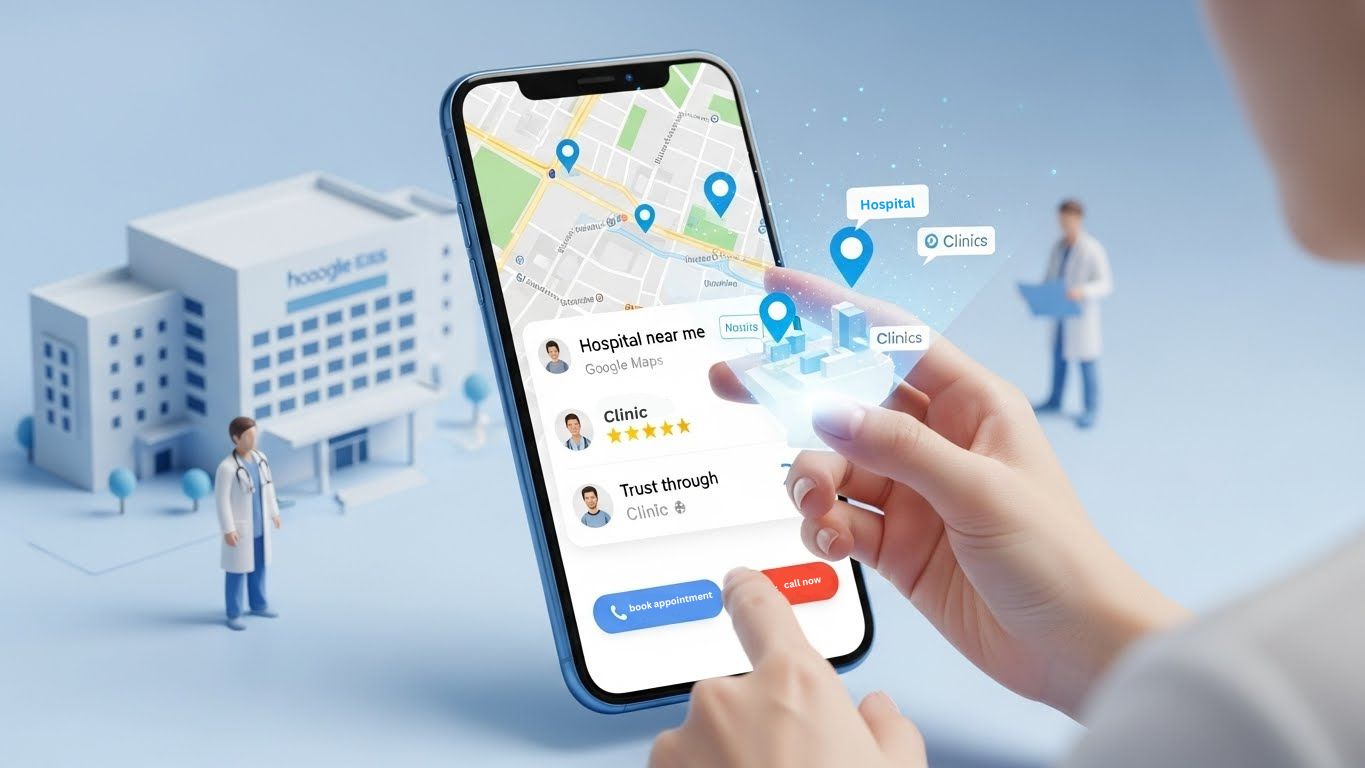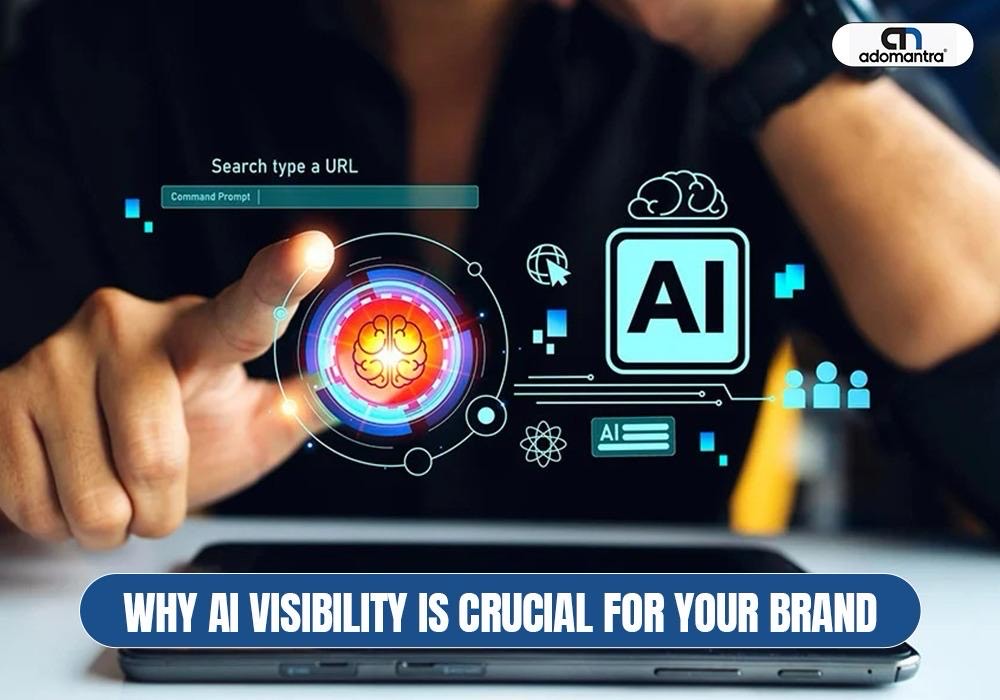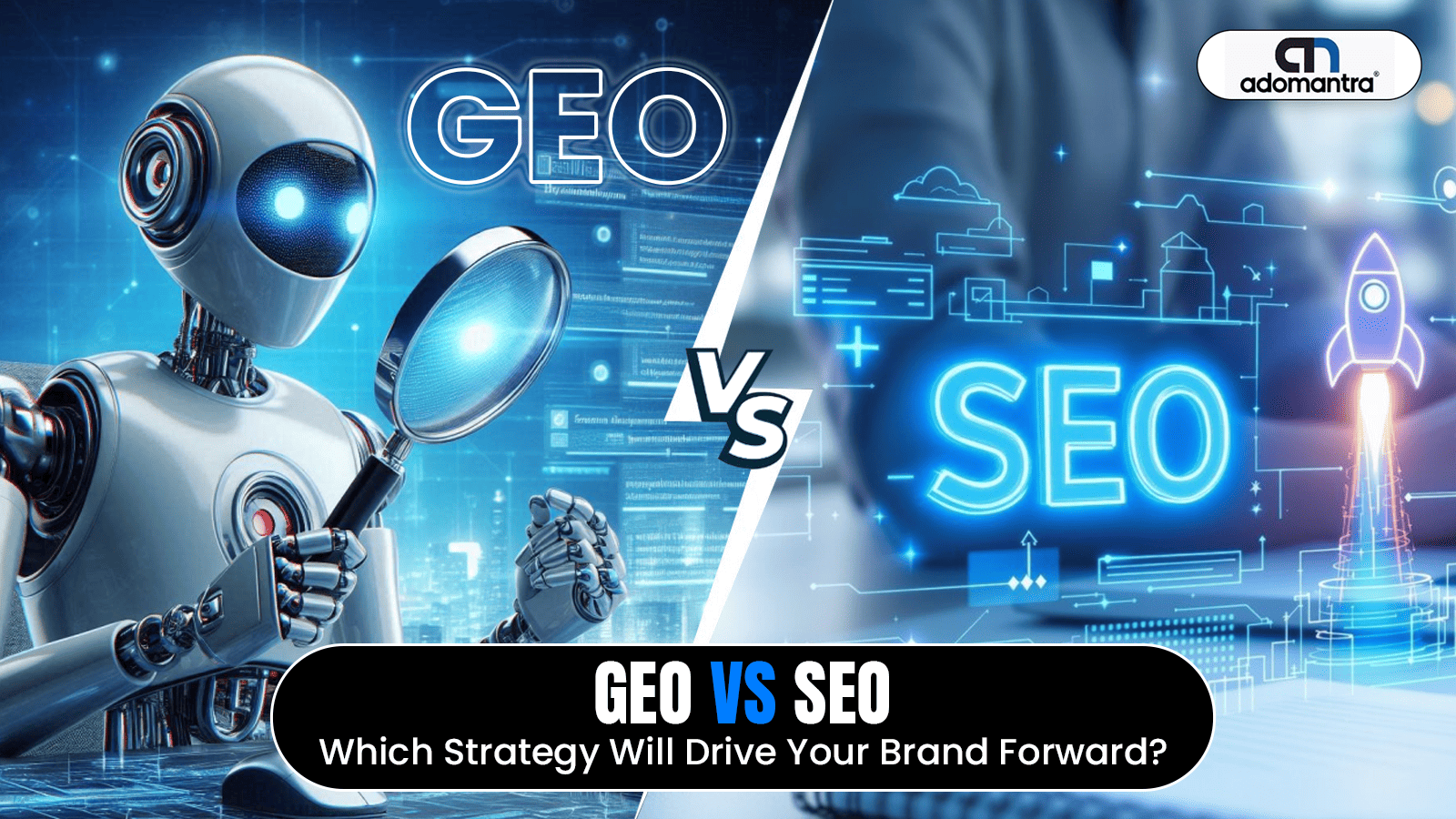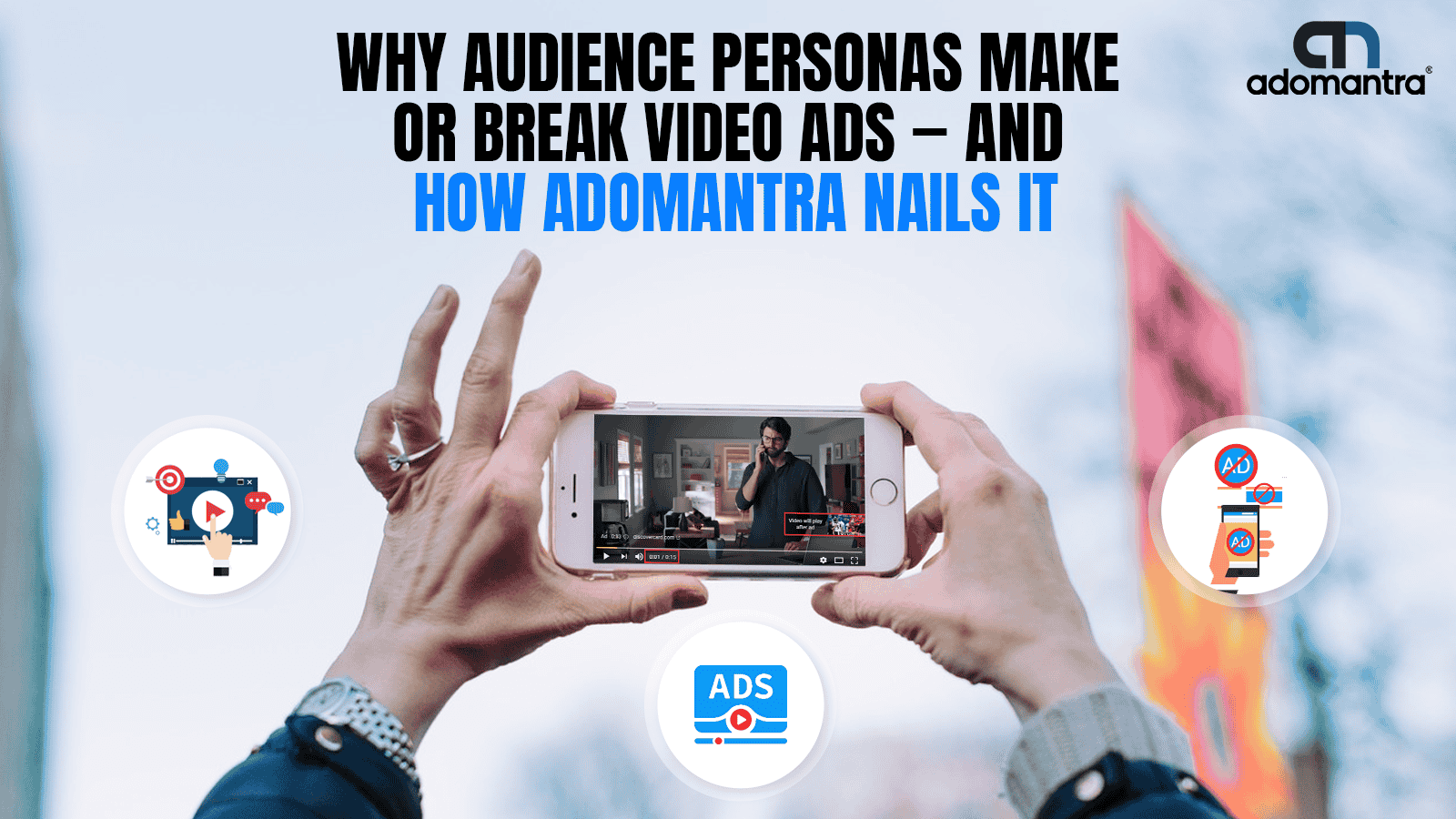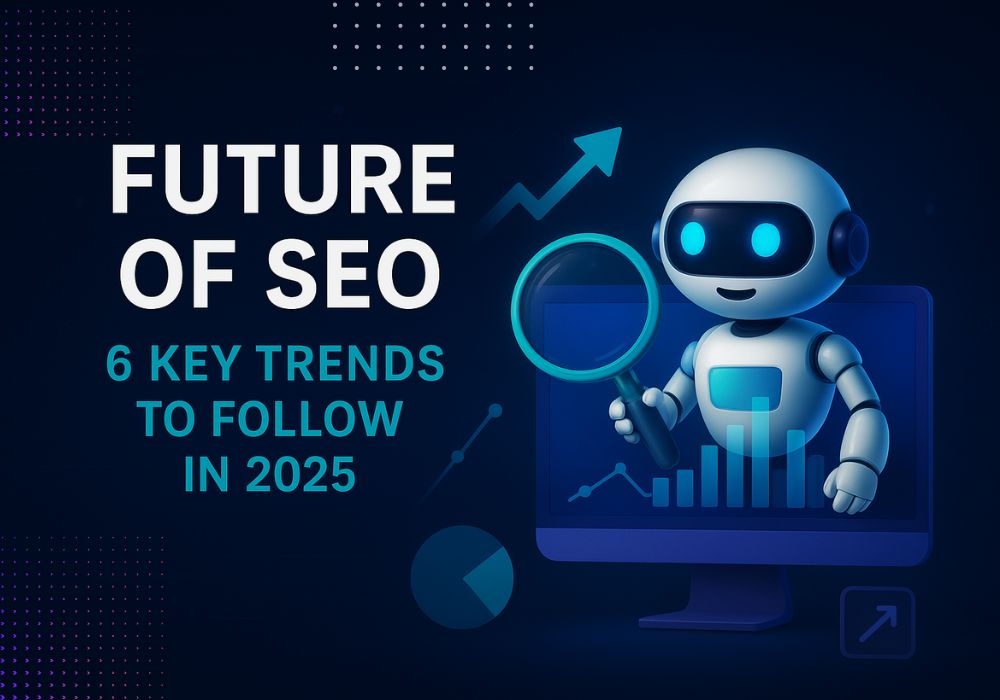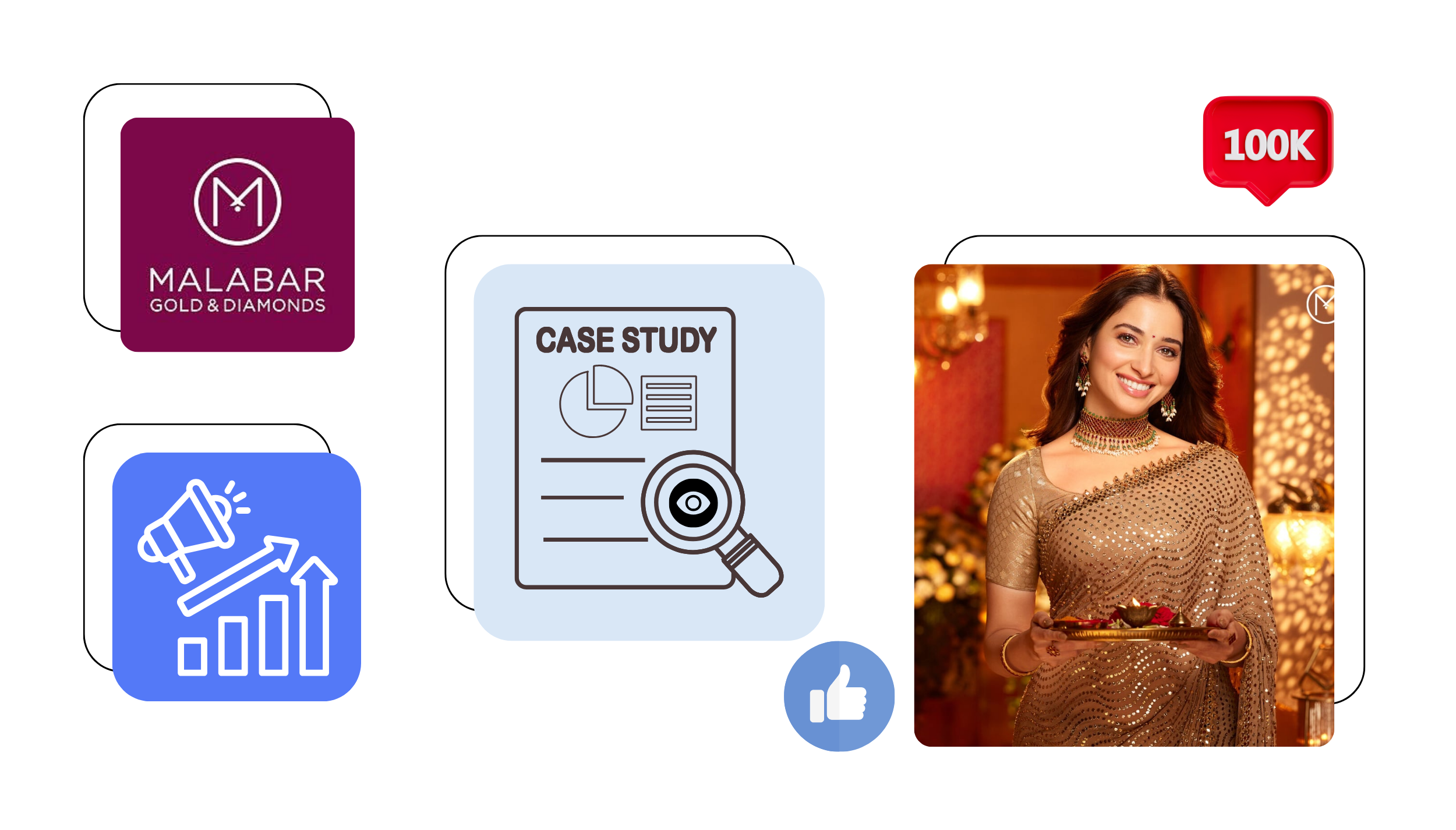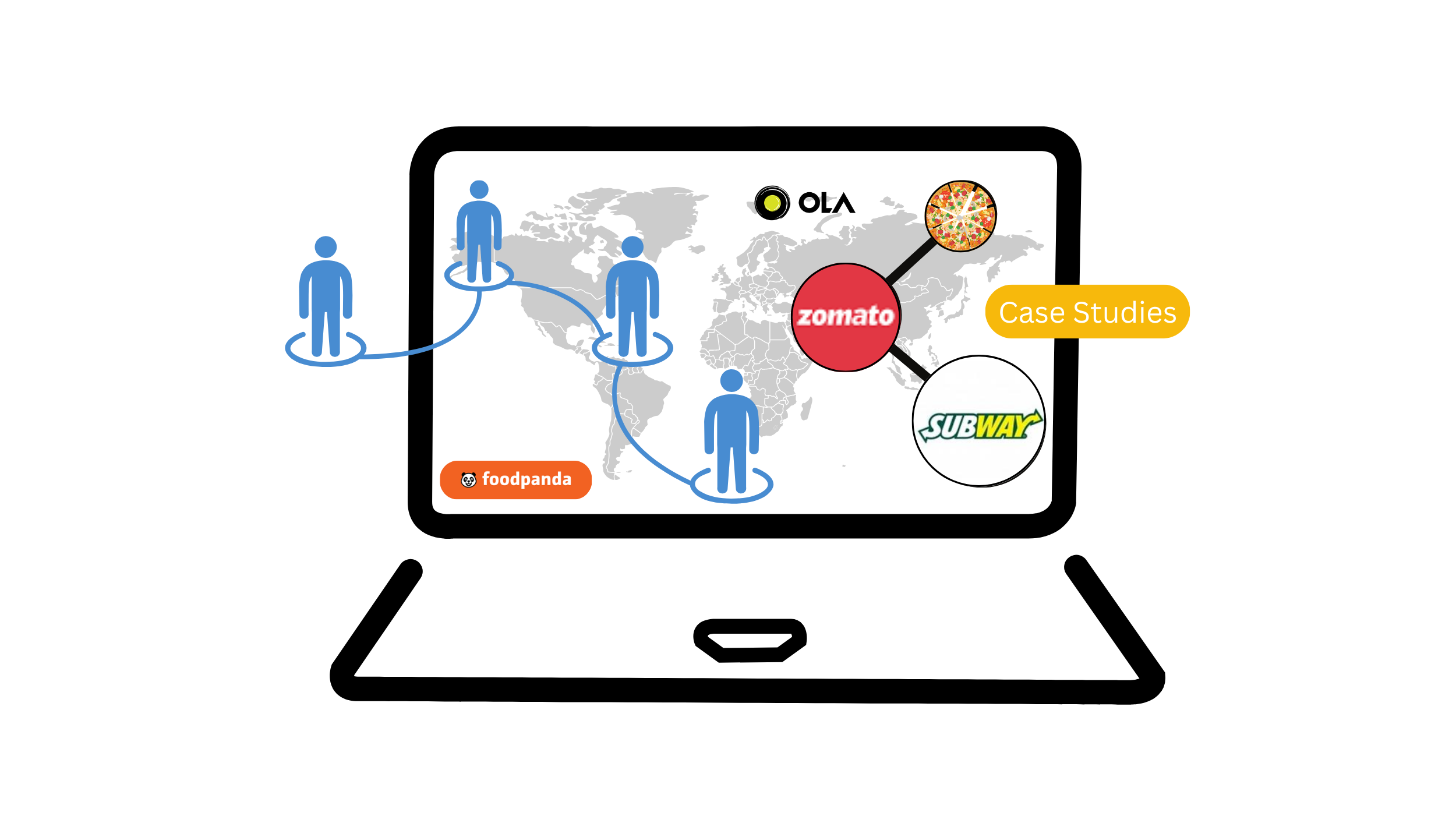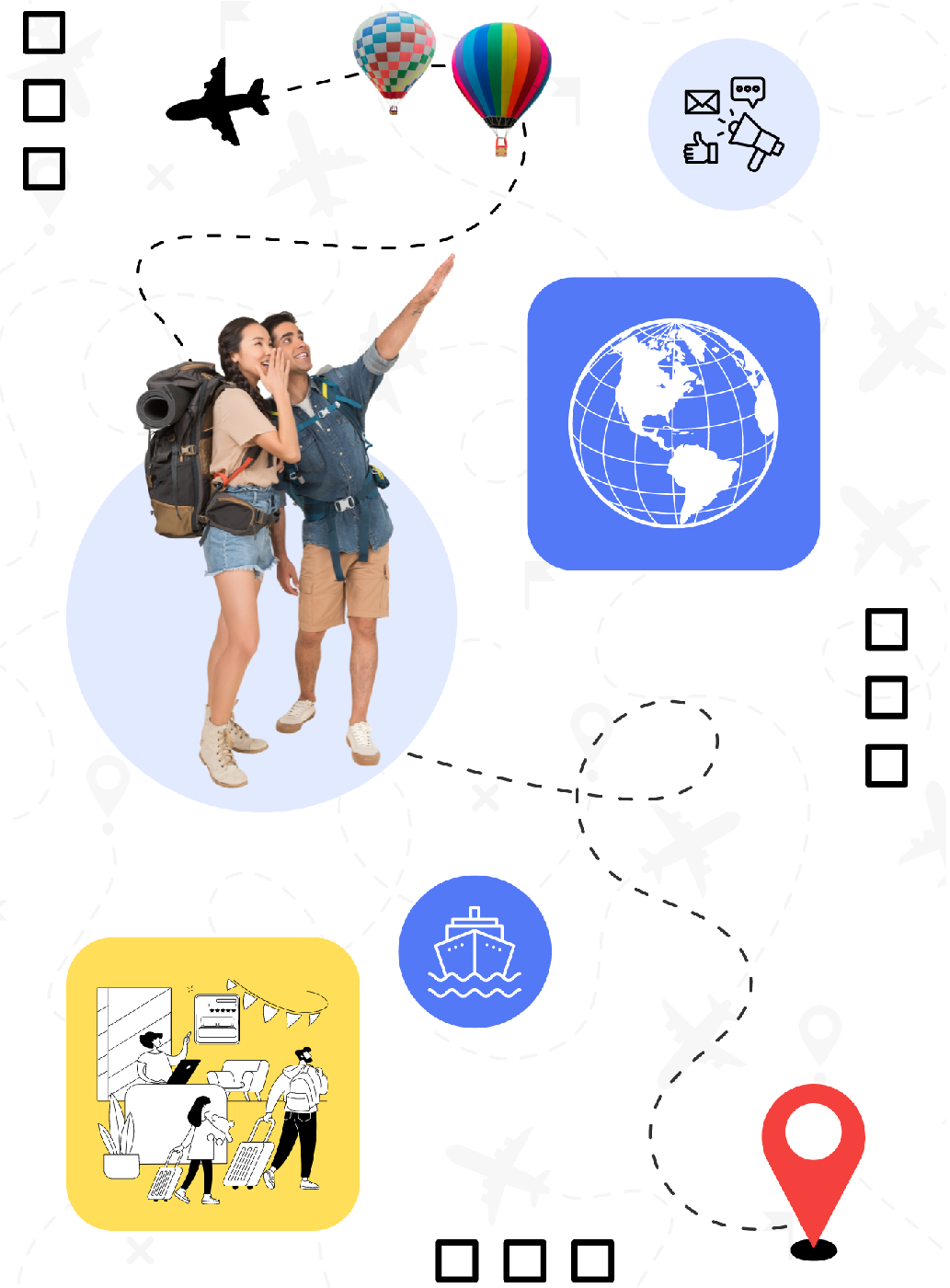
Unlock Potential in Travel & Hospitality Industry with Adomantra
Maximize growth in the travel and hospitality industry with Adomantra’s cutting-edge
digital marketing solutions. Our targeted advertising, engaging social media campaigns,
and captivating video marketing are expertly crafted to attract more travelers and boost
bookings.
With our data-driven strategies, your services will reach the right audience, enhancing
brand visibility and customer engagement. Our value proposition lies in leveraging
advanced technology and proven marketing techniques to ensure exceptional growth and
success in a competitive market.
Partner with us to position your travel and hospitality business for unparalleled
success and growth.
Our Integrated Solutions
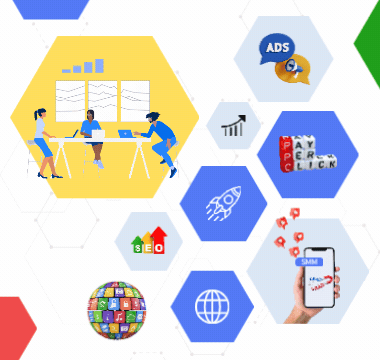
Blog Post
Case Studies
Your Business Deserves to be in the Spotlight
Frequently Asked Questions
A: Digital marketing plays a pivotal role in modern tourism, involving strategies such as Search Engine Optimization (SEO), Content Marketing, Pay Per Click (PPC) Campaigns, Email Marketing, Social Media Management, Mobile App Development, Virtual Reality Experiences, and Customer Relationship Management Systems (CRMs). These efforts aim to raise destination awareness, attract tourists, and enhance visitor satisfaction.
A: Marketing in travel and tourism employs various tactics, including print ads, radio spots, television commercials, trade shows, sponsorship events, brochures, catalogues, and PR releases. However, digital channels are also being utilized due to their ability to target specific audiences, lower barriers to entry, and enable two-way communication with potential travelers.
A: E-tourism represents the intersection of technology and tourism,
including aspects like accommodation bookings, flight reservations, vacation
packages, event ticketing, tourist attraction information, and transportation
arrangements.
Digital marketing enters the picture as hotels, airlines, cruise lines, tour
operators, OTAs, and other players strive to capture attention, inspire action,
and build lasting relationships with customers.
A: While digital marketing doesn't inherently grant the freedom to
travel, it opens up remote employment options that could potentially fund trips
abroad. Many companies now offer flexible work arrangements, permitting
employees to perform tasks remotely.
Thus, individuals skilled in digital marketing disciplines might find themselves
able to balance professional commitments alongside travel goals.
A: Digital tourism describes the practice of consuming leisure experiences virtually rather than physically visiting destinations. Also known as virtual tourism, this phenomenon gained momentum during lockdown periods. Using immersive technologies like Augmented Reality (AR), Virtual Reality (VR), Artificial Intelligence (AI), Machine Learning (ML), Internet of Things (IoT), and 5G networks, digital tourists enjoy simulated sightseeing tours, cultural explorations, historical journeys, and natural encounters without leaving home.

 Programmatic Advertising
Programmatic Advertising
